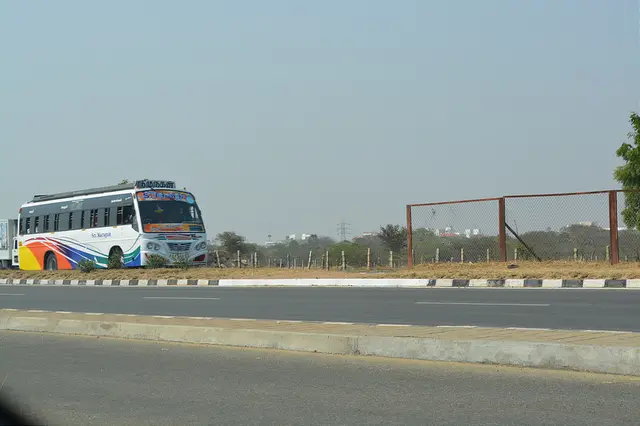New Zealand's house price bubble and rising accommodation costs might be worse than previously thought with a new government-funded study on Monday showing about one in every 120 people, an estimated total of 34, 000,had no access to housing in 2006.
The Otago University study, based on the most recent census and emergency housing data, provided the country's first-ever statistics on an "extremely disadvantaged" group of people, said Otago University researcher Dr Kate Amore.
"These 34,000 people were crowding in with family or friends, staying in boarding houses, camping grounds, emergency accommodation, in cars, or on the street. They all had low incomes, " Amore said in a statement.
"Many of these people are excluded from poverty and unemployment statistics, and are not on social housing waiting lists," she said.
A quarter of "severely housing deprived people" were children under 15 years, while about a third of the adults in the population were working, but still could not get a house for themselves or their family.
"We know that housing shortages, poverty, and crowding are very serious problems in New Zealand, so these findings are not surprising. We expect the problem is bigger now than it was in 2006," she said.
"This study just adds to the evidence that housing is major issue, and we need a lot more quality housing that people on low incomes can afford to live in," she said.
"The government needs to know about all of these people, not just those on the streets."
Economic experts, including the Reserve Bank of New Zealand ( RBNZ), have been warning that house prices in the two biggest cities of Auckland and Christchurch are rising beyond the reach of many people.
The RBNZ is implementing higher loan-to-value ratios for mortgage lenders from next month and opposition parties are pledging measures including capital gains taxes to curb property speculation.
 简体中文
简体中文

